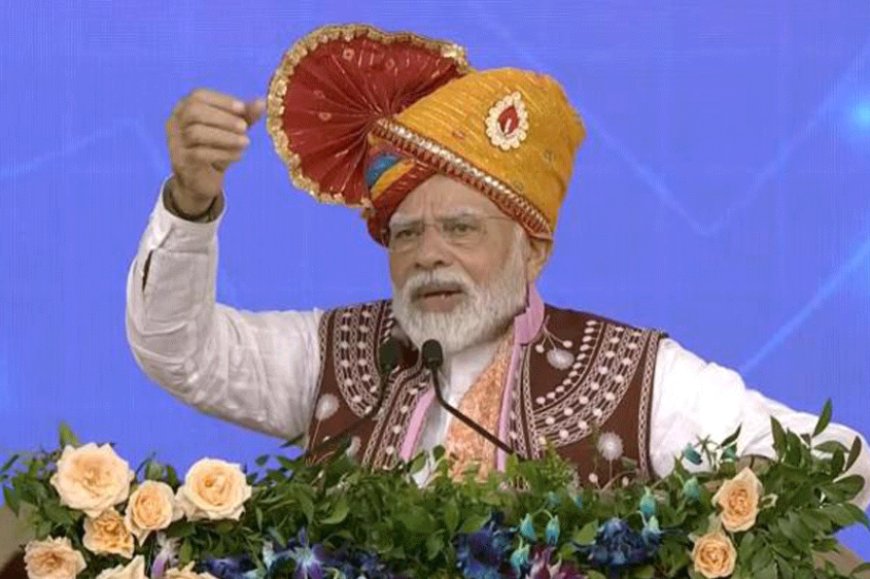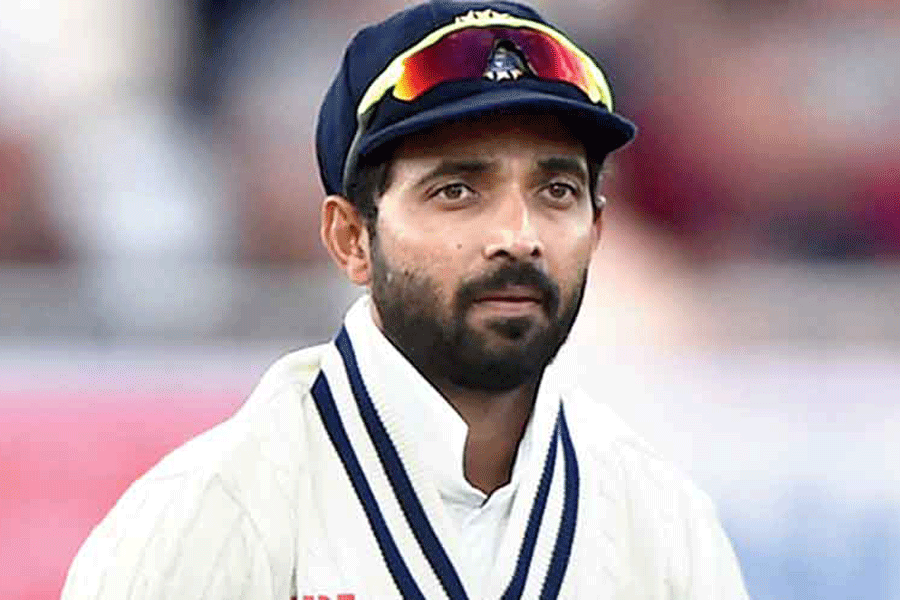Modi's Hindu Nationalism Fuels Divisions in Indian Diaspora
Tensions in India extend to expatriate populations, leading to violence, threats, and suppression of dissent

Threats of violence and even death have been made during debates about Hindu nationalism in lecture rooms at Canadian and American universities. In Australia and Canada, Sikh and Hindu temples have been damaged with graffiti that references India's long-standing conflicts. During parades in two North American cities, there were floats honoring instances of horrific sectarian bloodshed in India.
The shocking claim by the Canadian government that Indian government agents were responsible for the execution-style murder of a Canadian Sikh separatist in Vancouver has drawn attention to the escalating tensions within the sizable Indian diaspora and reflects divisions in India brought on by Prime Minister Narendra Modi's brand of Hindu nationalism.
The historical differences between Hindus, Muslims, Sikhs, and various castes have gotten worse as a result of Modi's Hindu-first policies and growing intolerance of criticism. They have taken place in academic settings, school boards, cultural gatherings, and city governments.
Chinnaiah Jangam, an associate professor of history at Carleton University in Ottawa and a specialist in caste-based prejudice, said that before 2014, when Modi took office, there were no divisions of this nature in the Indian diaspora in Canada.
The National Council of Canadian Muslims' chief executive, Stephen Brown, said: "What you've seen is a contagion effect."
With the support of Hindutva, which opponents claim has fueled increased violence and prejudice against India's religious minorities, who make up approximately 20% of the population, Modi and the BJP came to power in 2014.
Greater scrutiny has been placed on the foreign operations of the BJP, the RSS, India's premier far-right, Hindu nationalist organization, and even Indian diplomats due to concerns that tensions in India are extending to expatriate populations.
According to Indian scholar Dhirendra K. Jha, who has watched the organization for decades, the RSS has increased its international activity under Modi in nations with sizable Indian diasporas.
According to experts and a recent report released by the National Council of Canadian Muslims and the World Sikh Organisation of Canada, two long-standing, RSS-affiliated organizations in Canada, the Hindu Swayamsevak Sangh (Hindu Self-Reliance Association) and the Vishwa Hindu Parishad (World Hindu Council), are mobilizing support for Modi and his Hindu-first policies through educational, cultural, and social activities.
Requests for interviews with officials at the two organizations received no response.
The University of Toronto's Malavika Kasturi, a historian who specializes in Hindu nationalism, claimed that these two organizations together with others who "hide under a variety of different fronts" form a network that supports Modi's Hindu-first agenda in Canada.
"What they do have is a common agenda, which is to crack down on all dissent," Kasturi added. Therefore, criticism of Hindutva is referred to as Hinduphobia. Modi criticism is referred to as "Hinduphobia."
According to Meera Nanda, an Indian historian who studies the effects of Hindutva in the US, Modi has exploited a "very deep-seated psychology" among diaspora residents who "want to recover a lost pride in the rise of a great civilisation that has been wronged" by colonialism.
But according to Ragini Sharma, head of the Toronto-based Canadian Organisation for Hindu Heritage Education, opponents of Modi are misrepresenting Hinduism as intolerant by leveraging his political goal.
The Toronto District School Board recently decided to acknowledge the presence of caste-based discrimination in its schools, but her organization opposed the move, claiming it would "demonise" the Hindu community. It is urging the Canadian government to acknowledge Hinduphobia, a term recently coined by Hindu campaigners.
Sharma stated that "Hindu nationalism is being used as a bogeyman against innocent people."
The murder of Canadian Sikh leader Hardeep Singh Nijjar, whose formation of Khalistan, a separate nation for Sikhs created out of the state of Punjab, is at the center of a diplomatic dispute between Canada and India, was supported by Hardeep Singh Nijjar.
Nijjar criticized Modi's Hindu-first policies as an effort to "convert all of India into believers of Hinduism" after becoming the helm of the most significant gurdwara in British Columbia in 2019, according to Gurkeerat Singh, a close friend of Nijjar.
Using intelligence obtained by Canada and supplied by the US as the foundation for his claims, Canadian Prime Minister Justin Trudeau claimed that Nijjar was shot dead in June by "agents" of the Indian government. India, which classified Nijjar as a terrorist in 2020, has denied any role in the murder of Nijjar.
Academics are worried by the death because they claim that since Modi became the leader of India, Hindu extremists who support him have begun targeting them.
According to Jangam, an associate professor at Carleton University who has studied caste-based violence and discrimination in India, he has received death threats from radical Hindus in Canada.
Jangam stated that he was the first tenured academic from the Dalit community in Canada and that he had been accused of casting a negative light on India and Hinduism.
According to Jangam, in the years before to Modi's ascent to power, "no one ever bothered about so-called Hindu identity before" in Canada. "I'm shocked at how people have changed from being normal, everyday people into Hindu fundamentalists," one person said.
In 2019, upper-caste Hindu hecklers who begged him to return to India interrupted a speech he was giving in Toronto against caste inequality, according to Jangam.
The Indo-Canadian Harmony Forum was one of the organizations that opposed the speech, claiming it lacked balance. Praveen Verma, the group's chairman, claimed that Modi has improved India's standing internationally.
Indian ambassador to Yemen and Guatemala before retiring in Ontario, Verma said, "India has entered the global stage, and I feel the Indian community is proud about that."
Harjeet Grewal, a specialist in Asian religions at the University of Calgary, claimed that the harassment of some academics has had a detrimental impact on Indian study.
Academics shy away from touchy subjects, he claimed. In American, Canadian, and UK institutions, there is a decreasing amount of emphasis on religion and society in India.
The Indian diaspora has seen divisions that have taken on different forms. A campaign to outlaw caste discrimination has been spearheaded by descendants of the historically marginalized Dalit minority, putting them against upper-caste Hindus in Toronto, Seattle, and California. Communities that were once praised as models of integration, such as Leicester, England, have been torn apart by tensions and violence among Indian immigrants.























































